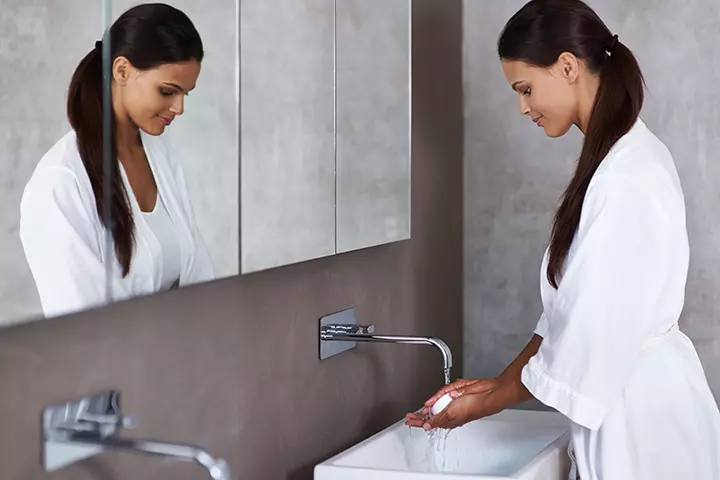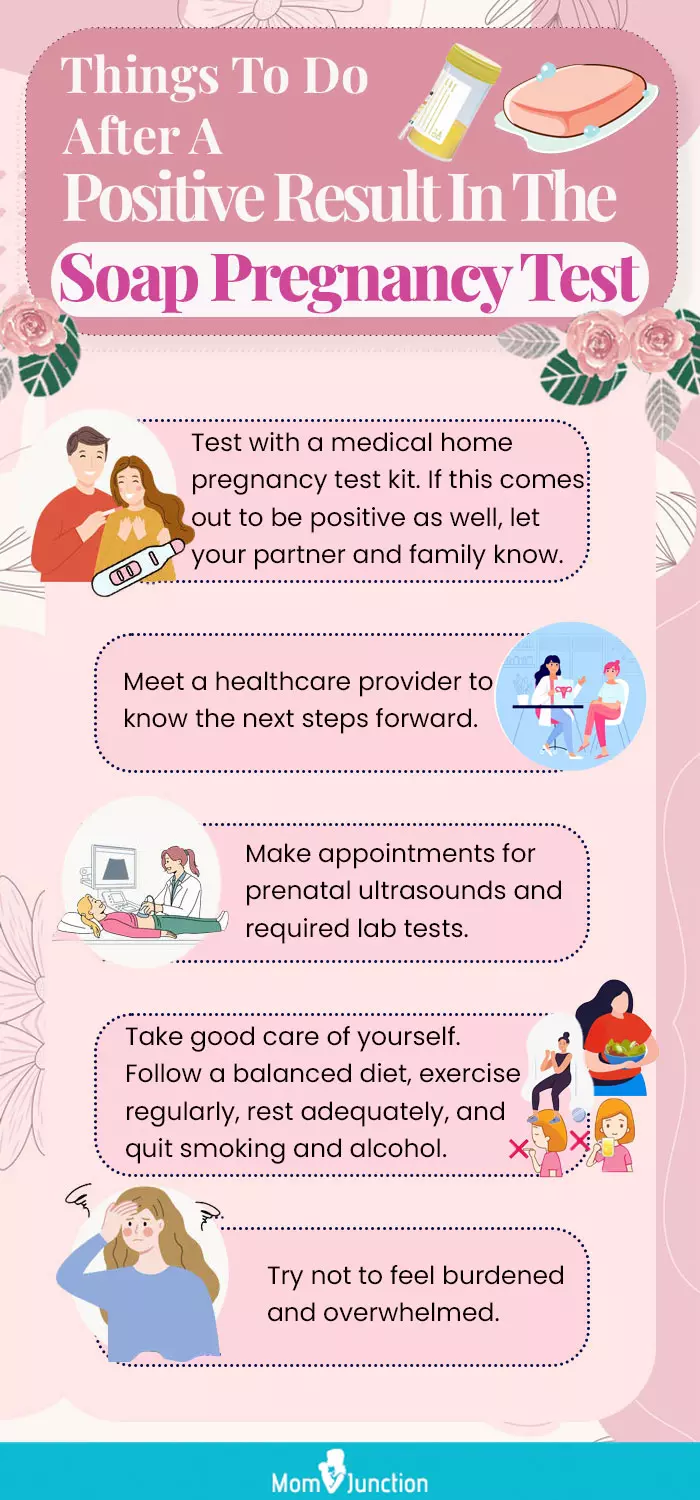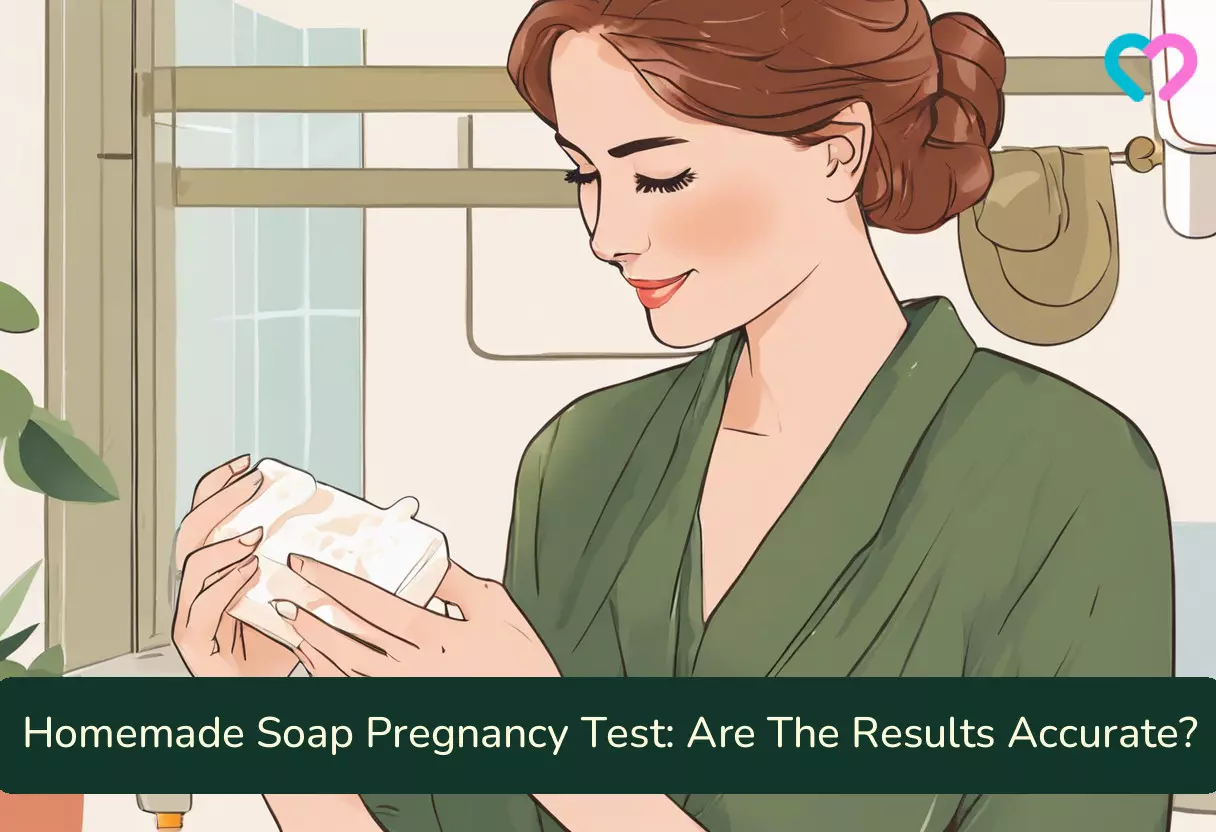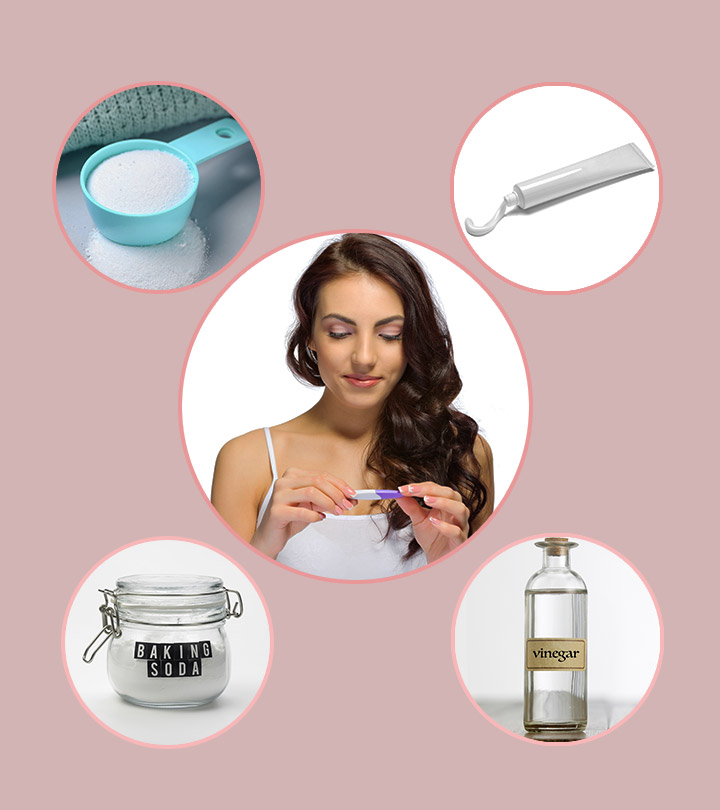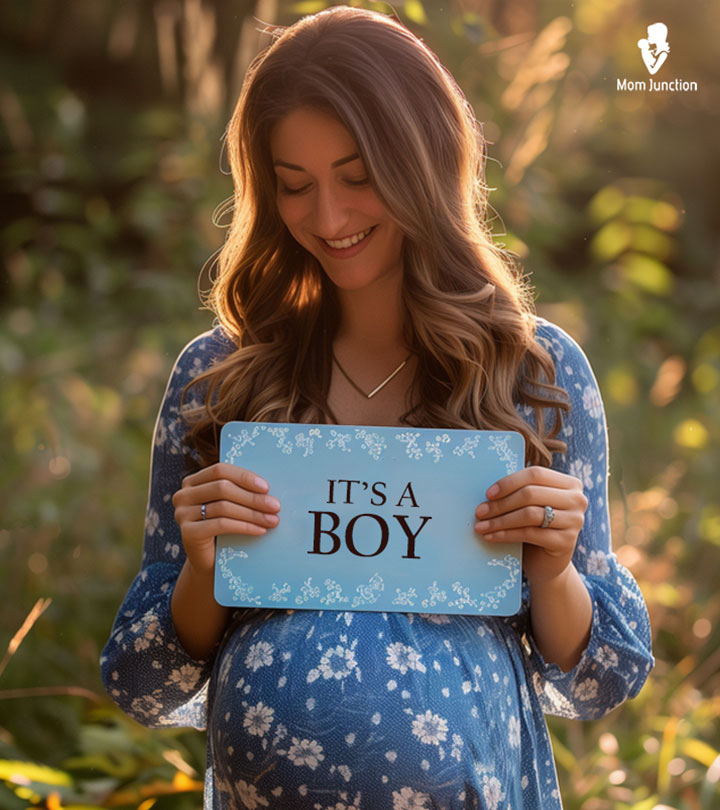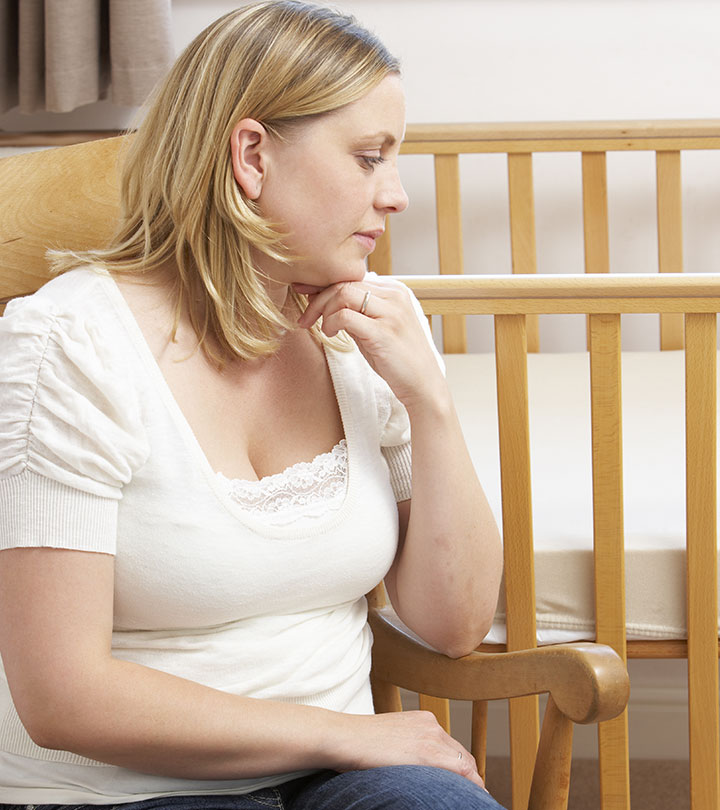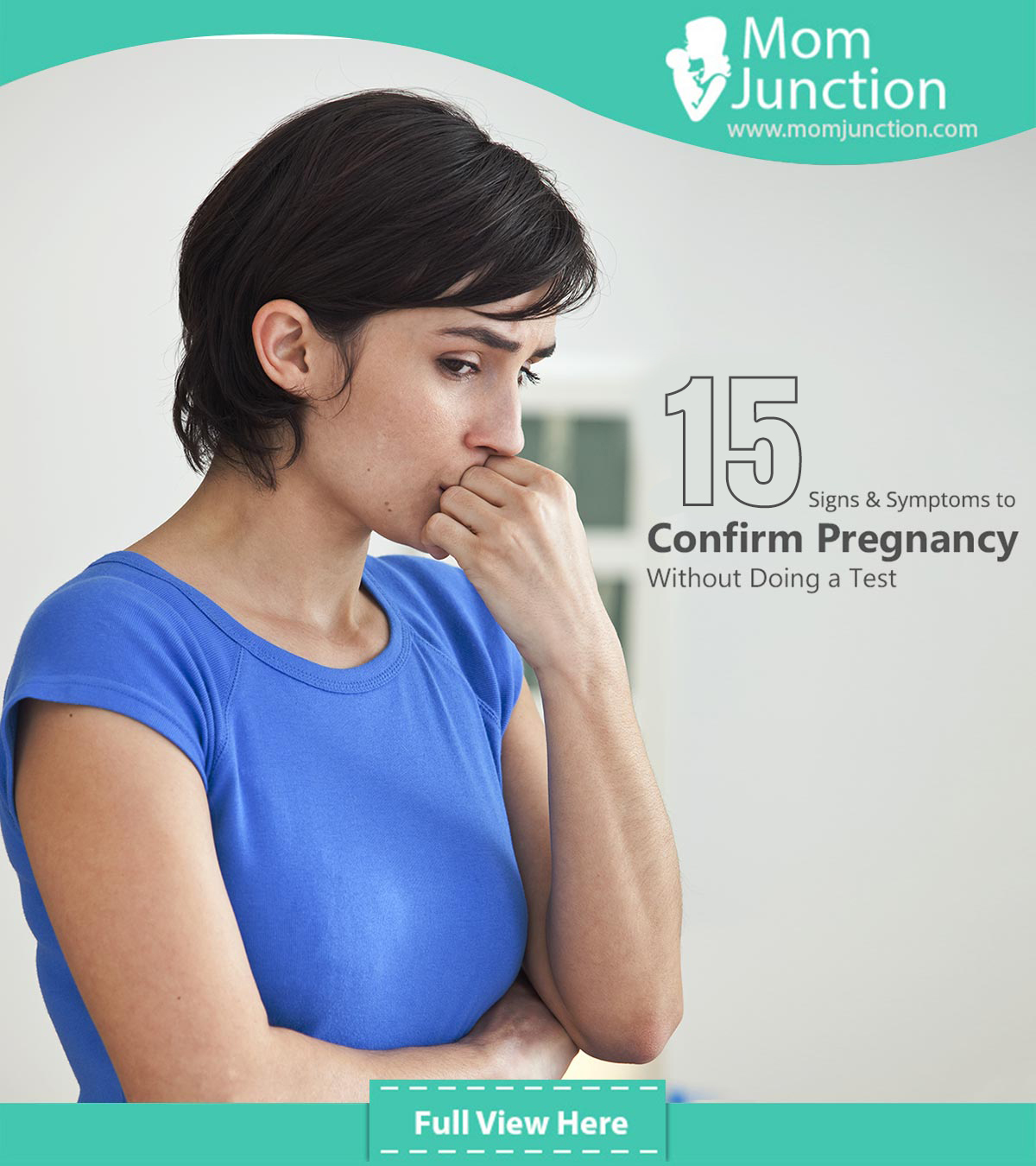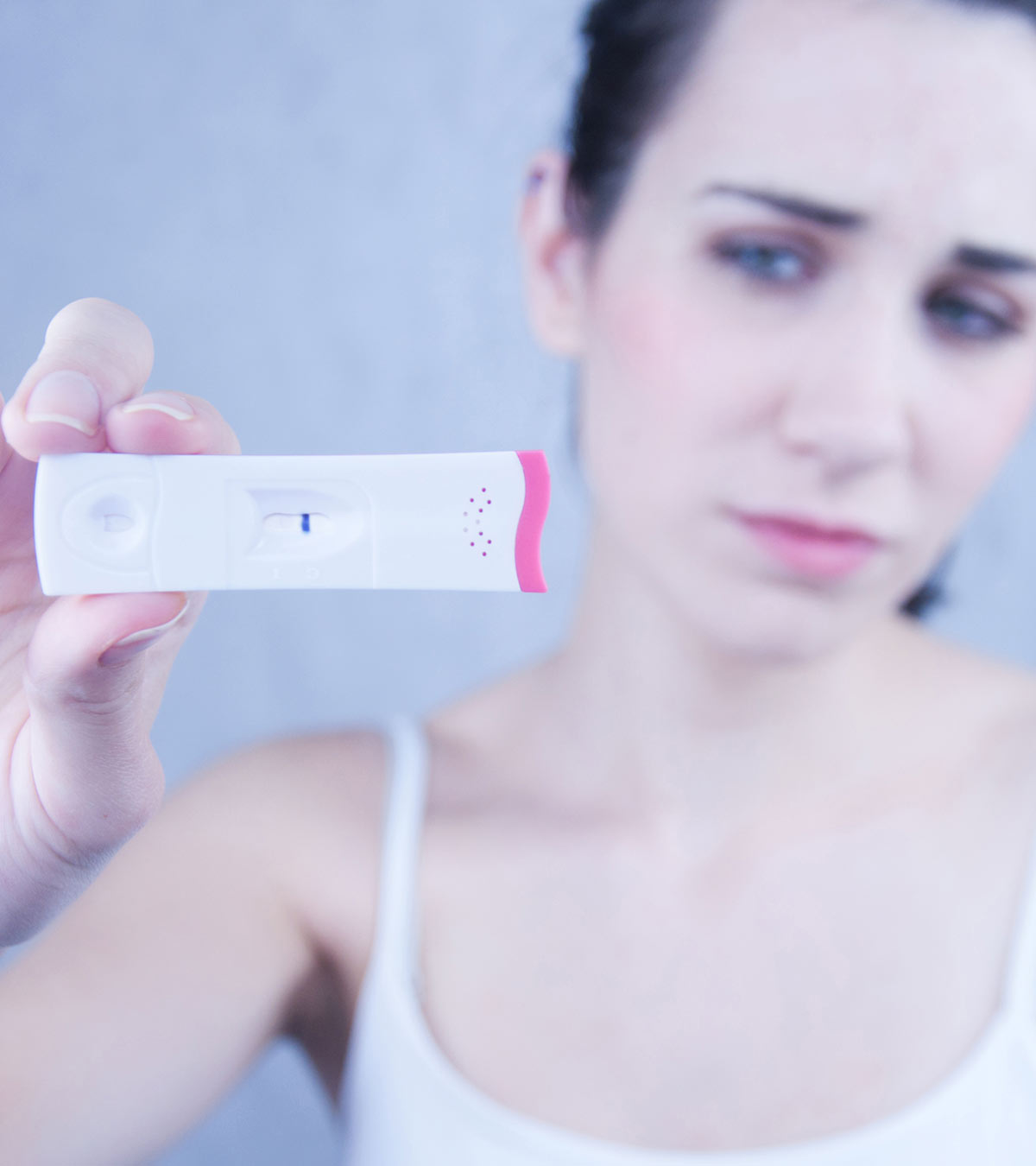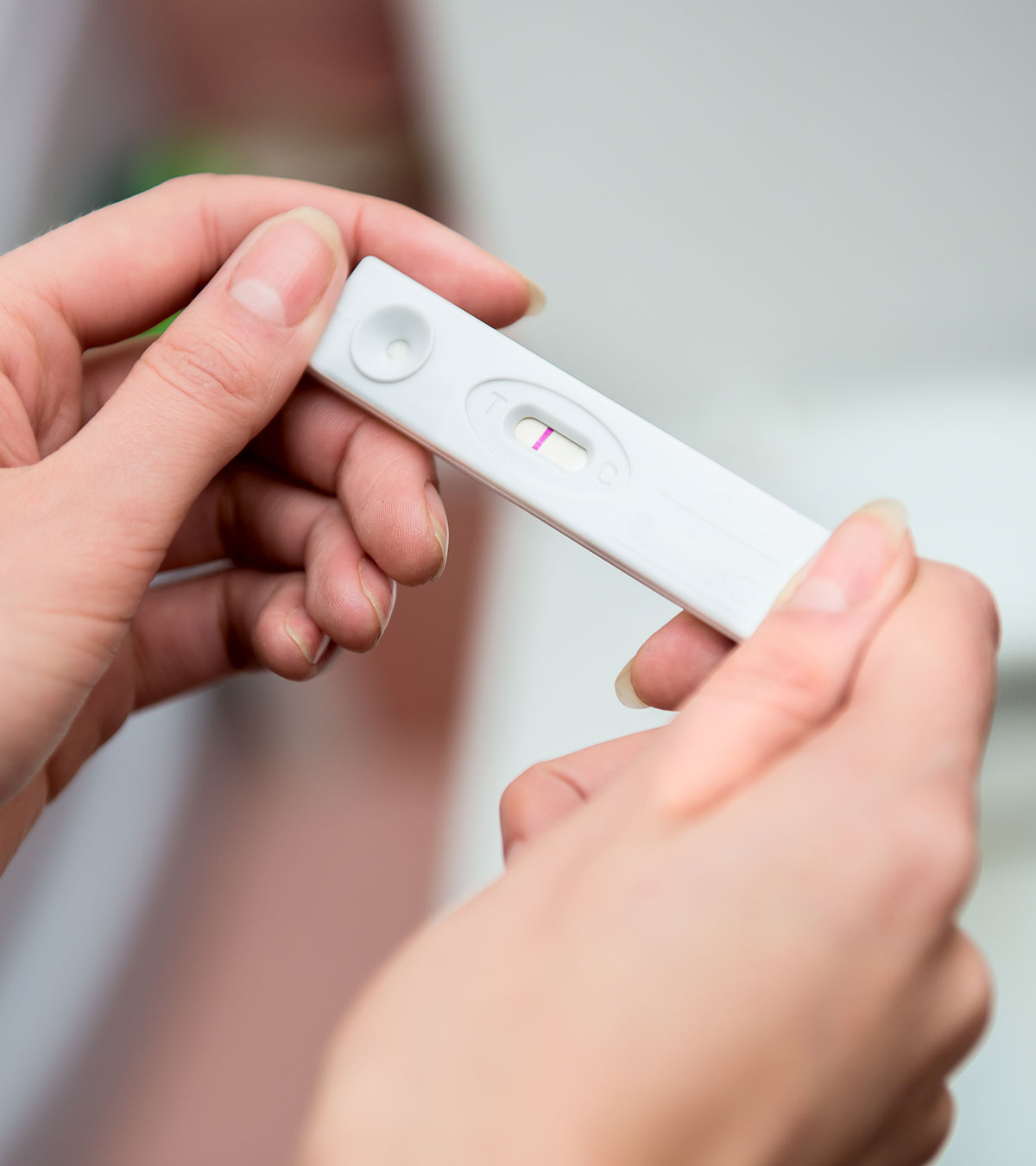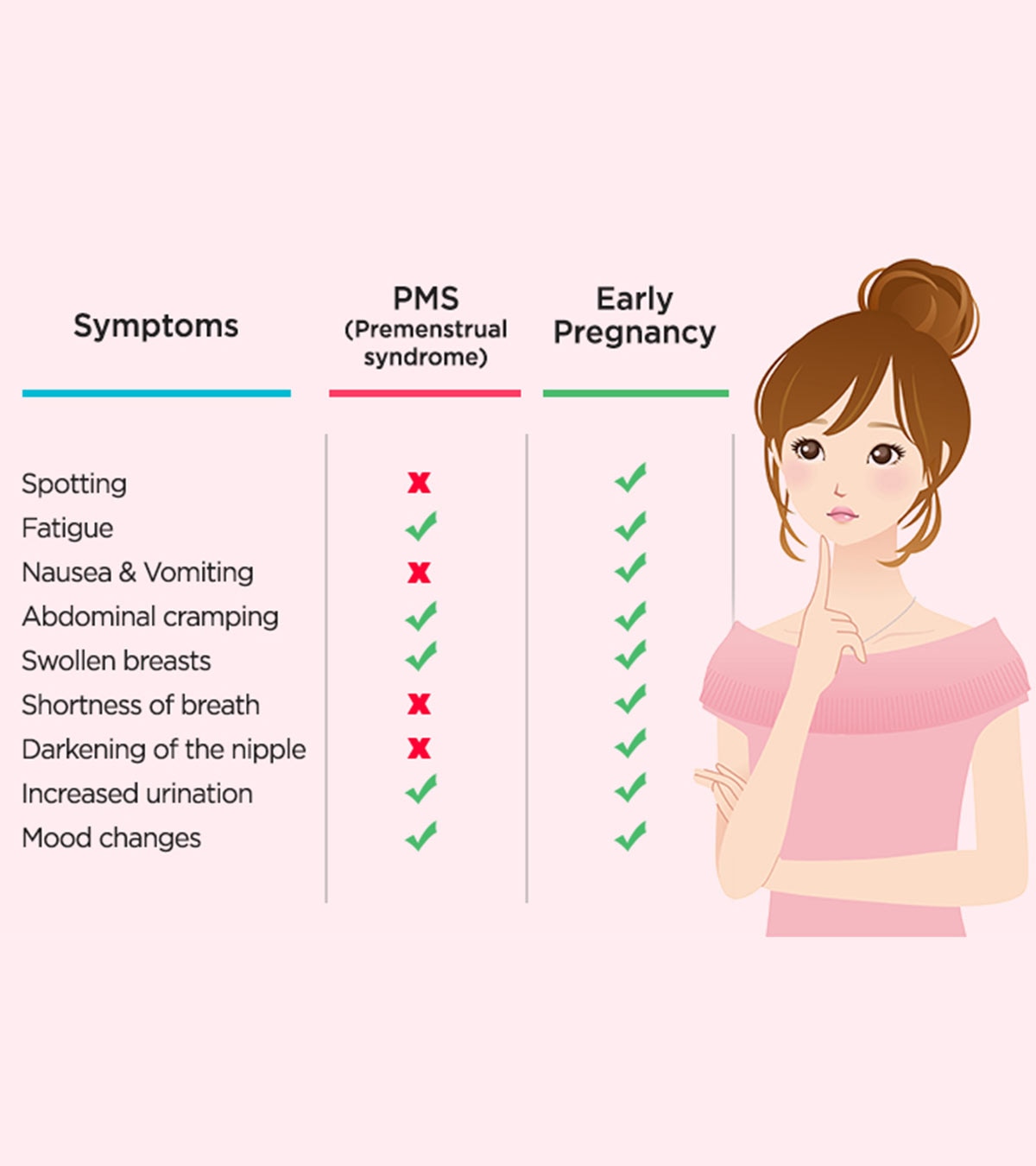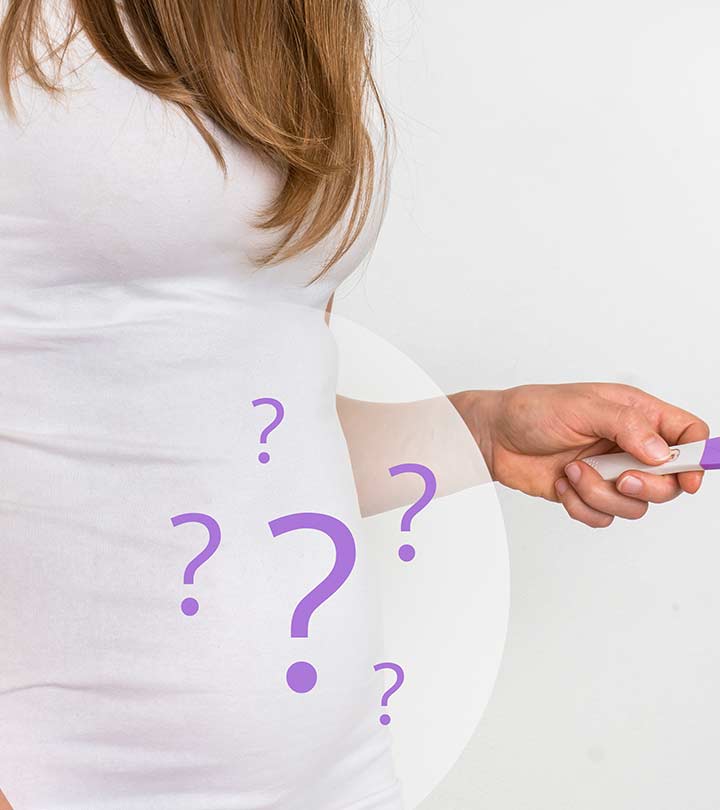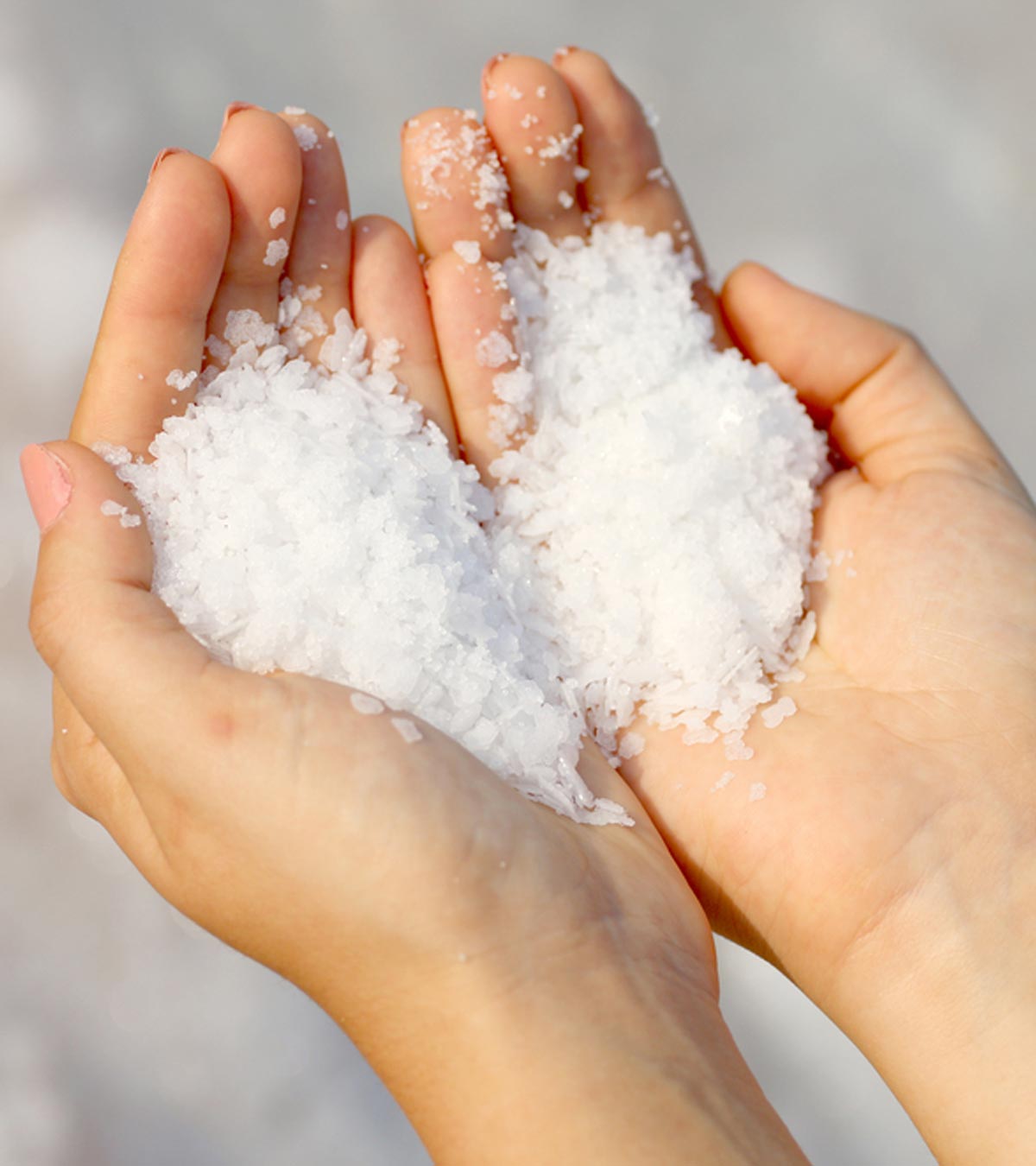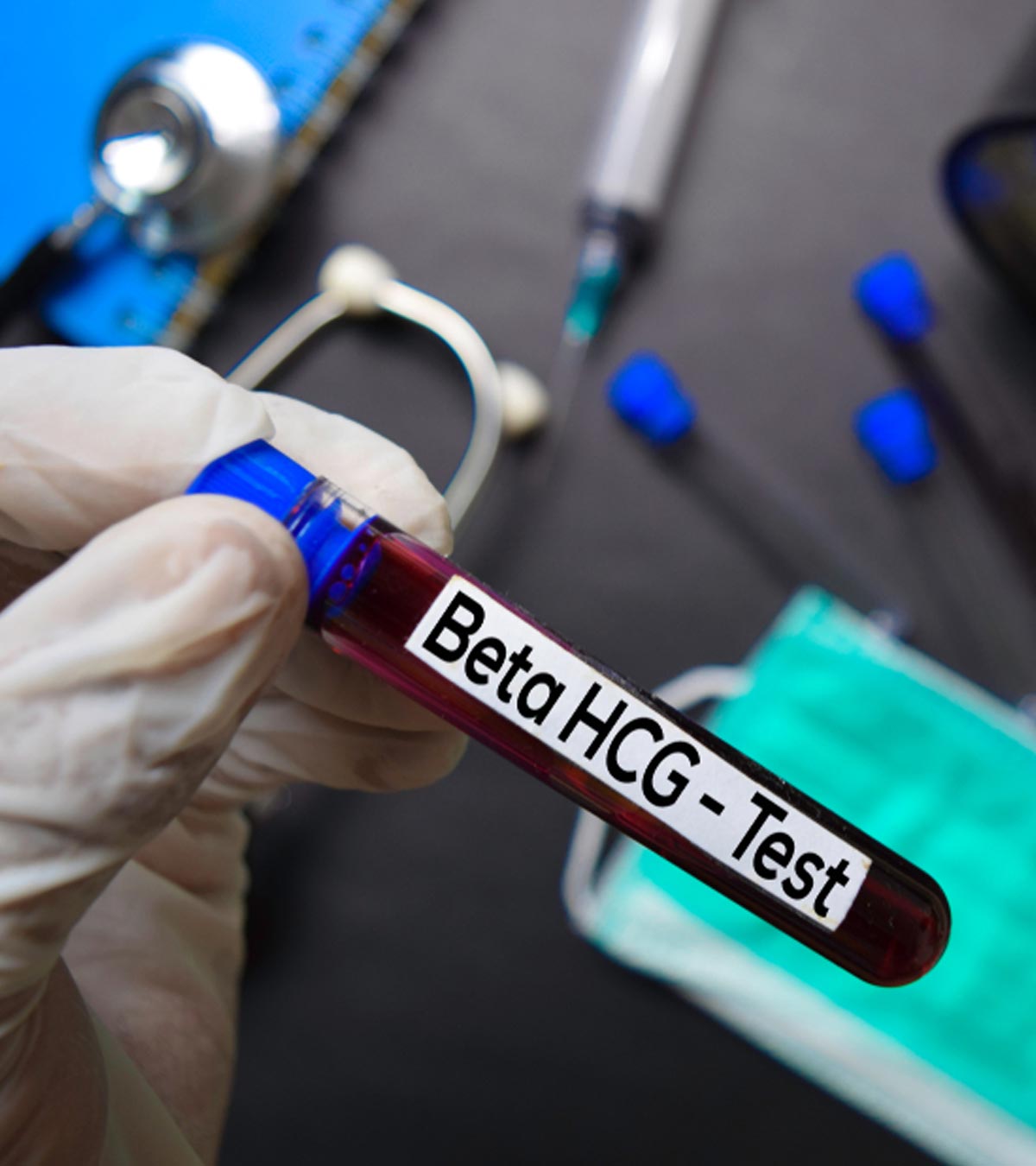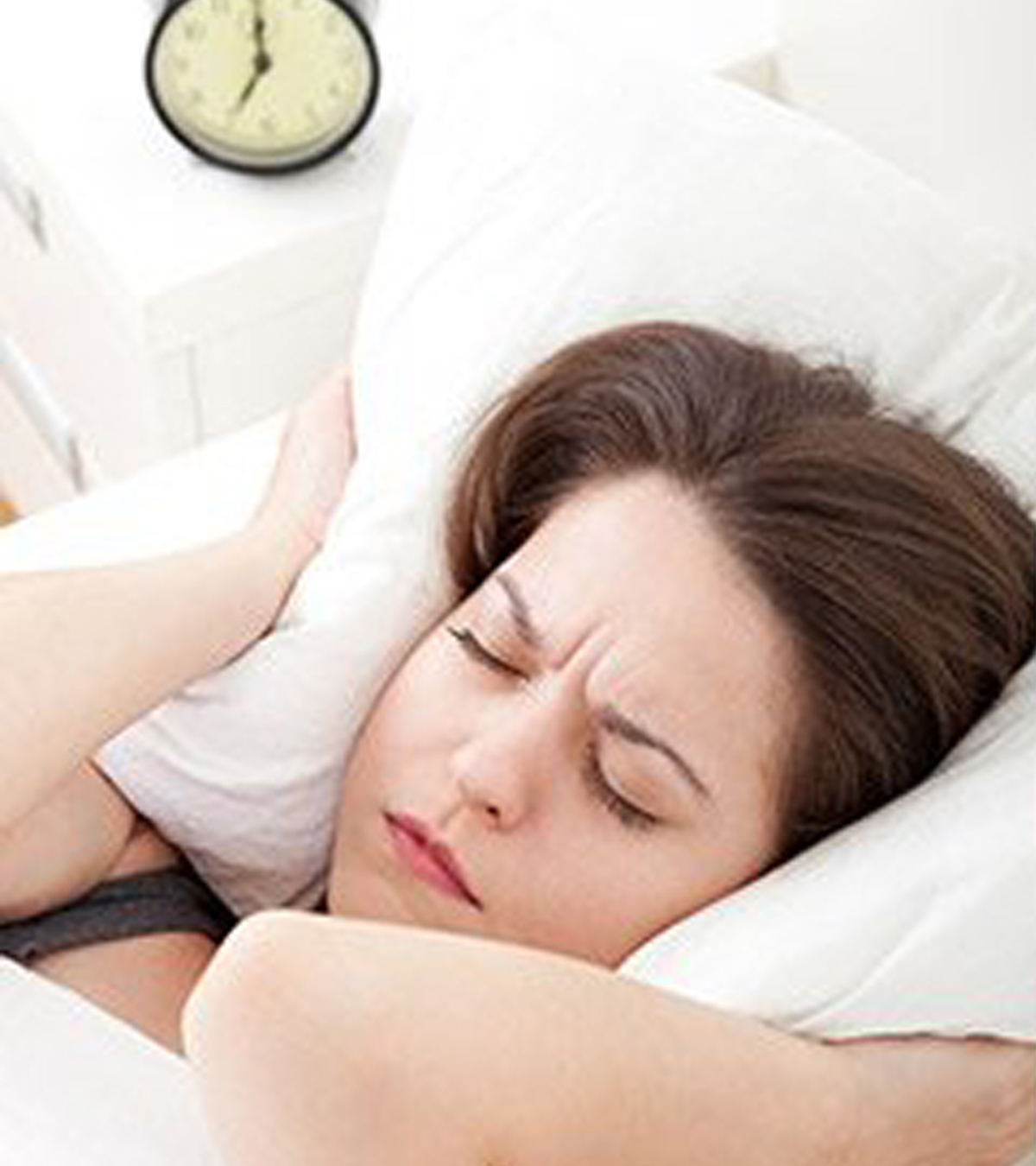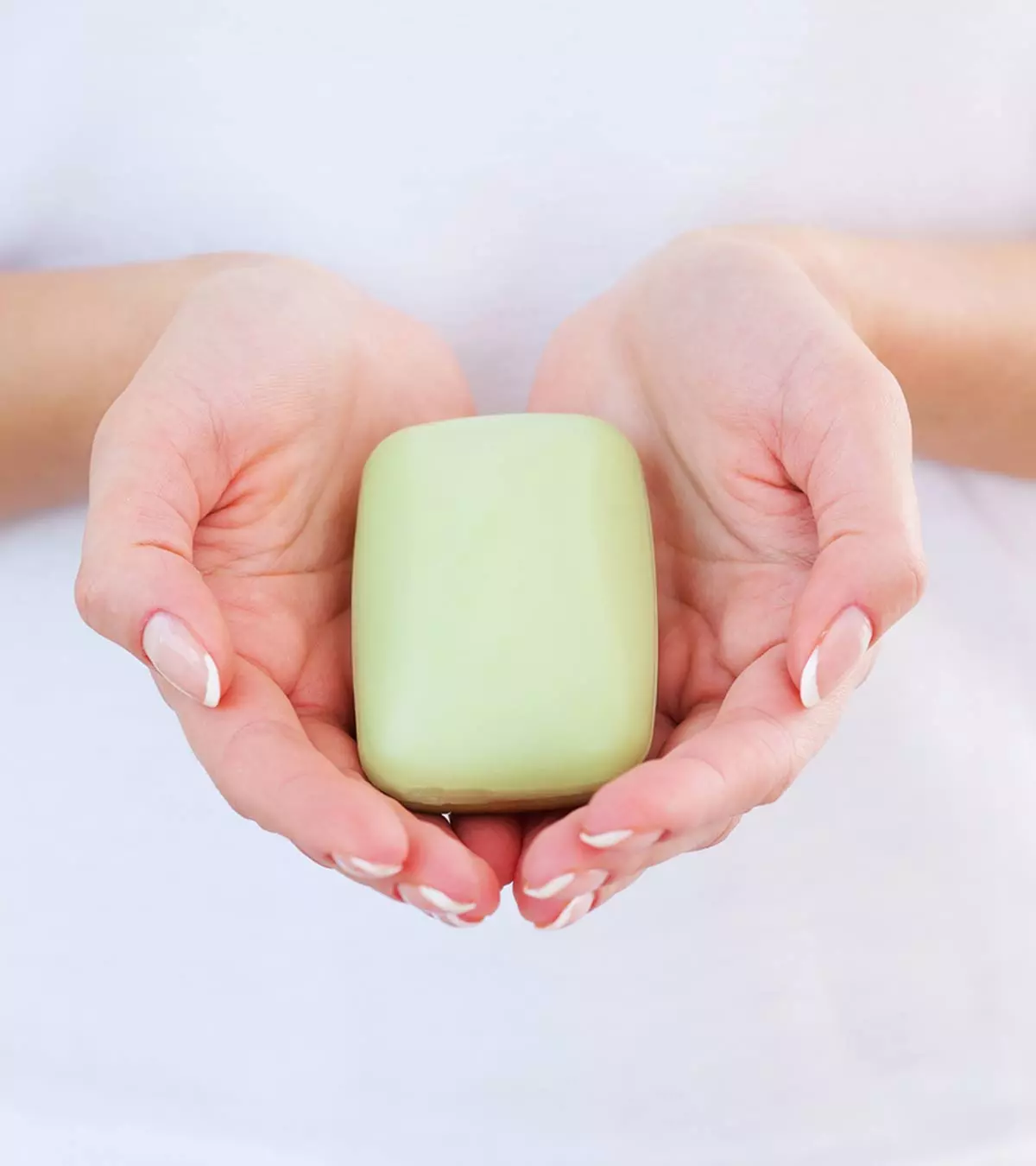
Image: Shutterstock
A homemade soap pregnancy test is done at home with the help of regular bathing soap. The DIY pregnancy test is inexpensive and simple to perform. However, it is unreliable and not backed by any research studies. But is the test worth the try, and does it provide some rough estimation of pregnancy?
Keep reading to know the steps, accuracy, and limitations of a soap pregnancy test.
Pregnancy Test With Soap: How Is It Done?
Image: IStock
To take the test, you need a small piece of soap (some prefer dishwashing liquid), a sample of the day’s first urine, and a sterilized cup (preferably a transparent one to read the reaction).
- Place a small piece of soap in an empty cup.
- Collect your urine sample in a separate cup.
- Pour the urine into the cup containing the soap and wait to see the result.
- If you notice some chemical reaction in the mixture, it is said to be positive.
How Is The Soap Pregnancy Test Said To Work?
It is believed that the soap pregnancy test or any homemade test reacts to the hCG hormone in the urine sample
. Soap is likely to react with hCG and produce foam or bubbles. Some proponents of the test say that a blue soap would turn to green when it reacts with hCG. This process could, therefore, probably aid in determining the occurrence of conception.
How Accurate Is A Homemade Pregnancy Test With Soap?
Image: Shutterstock
The soap test for pregnancy detection is not a reliable method. A foaming soap might anyway turn frothy when you add something to it. And, therefore, it can show a similar result even when a non-pregnant individual tries it. While you may still try this test at the comfort of your home, you should always back it up with a pregnancy test kit or see a healthcare provider for a blood or urine test to confirm the result.
When Is The Soap Pregnancy Test Taken?
If you like to give it a try, do it a week after you miss your period. Take it in the morning with the first urine sample of the day when the hCG hormone content is high in it (1).
How To Read Soap Pregnancy Test Results?
It is believed that leaving the solution untouched for around ten minutes could give the results.
- It is said to be positive if the mixture bubbles up, and/ or a blue color soap turns green.
- It is said to be negative if there is no such reaction.
When To See A Doctor?
Image: Shutterstock
If you have missed your period or had unprotected sex, you may check for early pregnancy symptoms by consulting a doctor. The symptoms may include missing your period, morning sickness, constipation, bloating, abdominal cramps, fatigue, and breast tenderness (2).
Frequently Asked Questions
1. How many times can I use a homemade soap pregnancy test?
Homemade soap pregnancy tests lack scientific validation and may not be accurate. Also, the mixture can’t be reused due to urine exposure affecting accuracy. Use a commercial pregnancy testing kit instead of homemade tests for reliable results.
2. How do I dispose of a homemade soap pregnancy test?
To dispose of a homemade soap pregnancy test, wrap it in several layers of paper or plastic and dispose of it in the regular trash. It is important not to flush it down the toilet as it may cause blockages in the plumbing or harm the environment.
Early detection and commencement of prenatal care are essential for maternal and fetal well-being during pregnancy. The homemade soap pregnancy test is inexpensive and easy to perform. However, it is not accurate, and there is no scientific evidence to prove its effectiveness. You may try it out of curiosity, but back it up with a home pregnancy test kit if you have missed your periods and suspect that you are pregnant. If positive, follow it up with confirmatory blood and urine tests at the doctor’s clinic.
Infographic: What To Do After Getting A Positive Result In The Soap Test?
The soap pregnancy test is inaccurate and serves to satiate curiosity or perhaps for an individual’s amusement. You may not wish to cross-check the results. However, if the results come out to be positive, it may raise some doubts or create concerns in your mind. The infographic below tells you what you can do after a positive test result. Illustration: Momjunction Design Team
Key Pointers
- A soap pregnancy test can be done at home by combining a urine sample with a soap solution.
- If there is no reaction in the mixture, it is considered negative, but if it is positive, you will notice bubbles or changes in color.
- You may consider taking the test after a week’s delay of your period cycle not occurring. However, the test is not always accurate.
Learn how to perform a home pregnancy test using the SOAP technique. Get quick, easy, and precise results from the comfort of your own home.
Image: Stable Diffusion/MomJunction Design Team
References
- HCG in urine; U.S. Department of Health and Human Services National Institutes of Health (2010)
https://cybercemetery.unt.edu/archive/oilspill/20121010111709/http://www.nlm.nih.gov/medlineplus/ency/article/003619.htm - Guide for First Time Parents.
https://online.regiscollege.edu/guide-first-time-parents
Read full bio of Dr. Arpita Chakraborty
Read full bio of Dr. Ritika Shah
Read full bio of Reshmi Das





